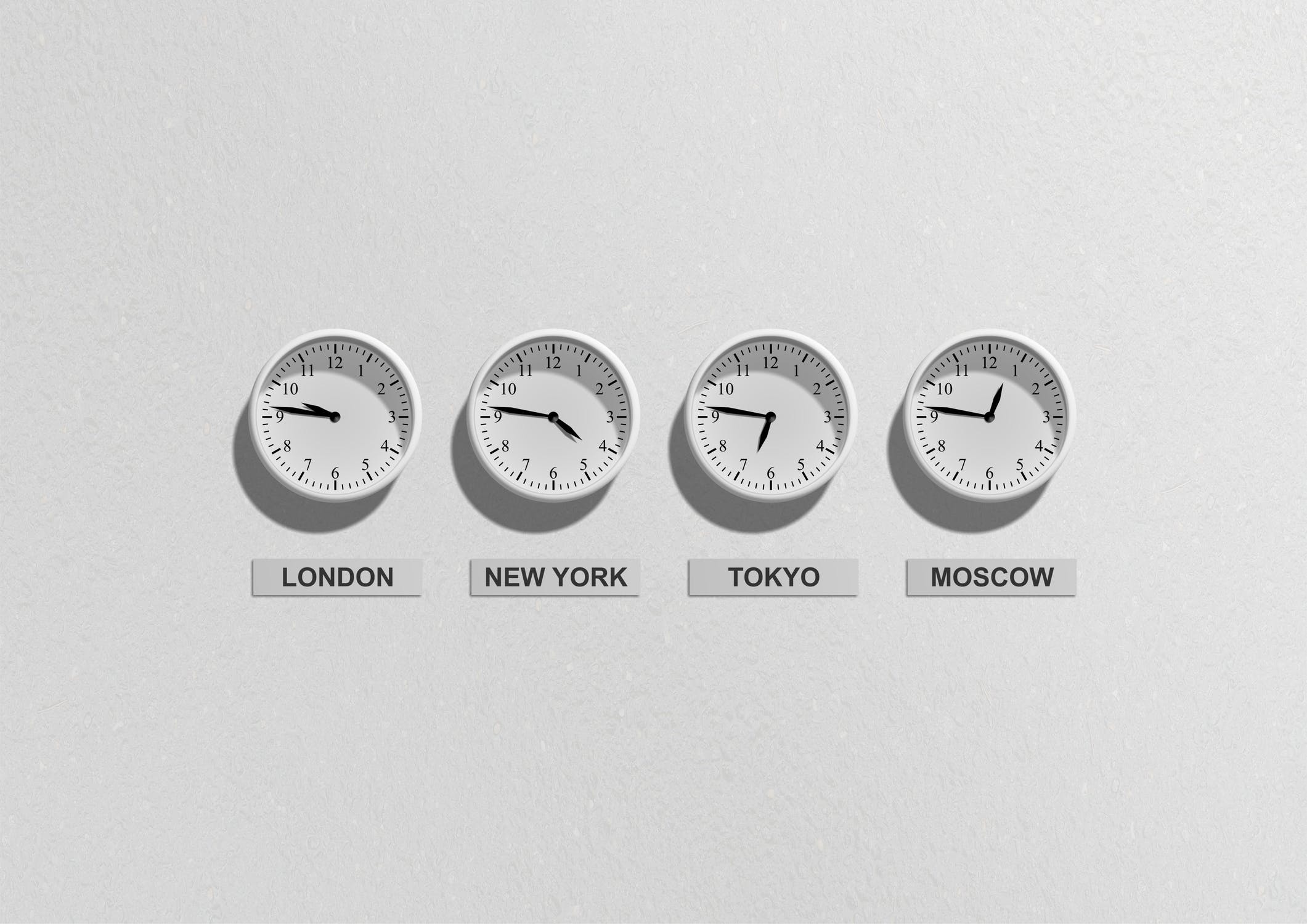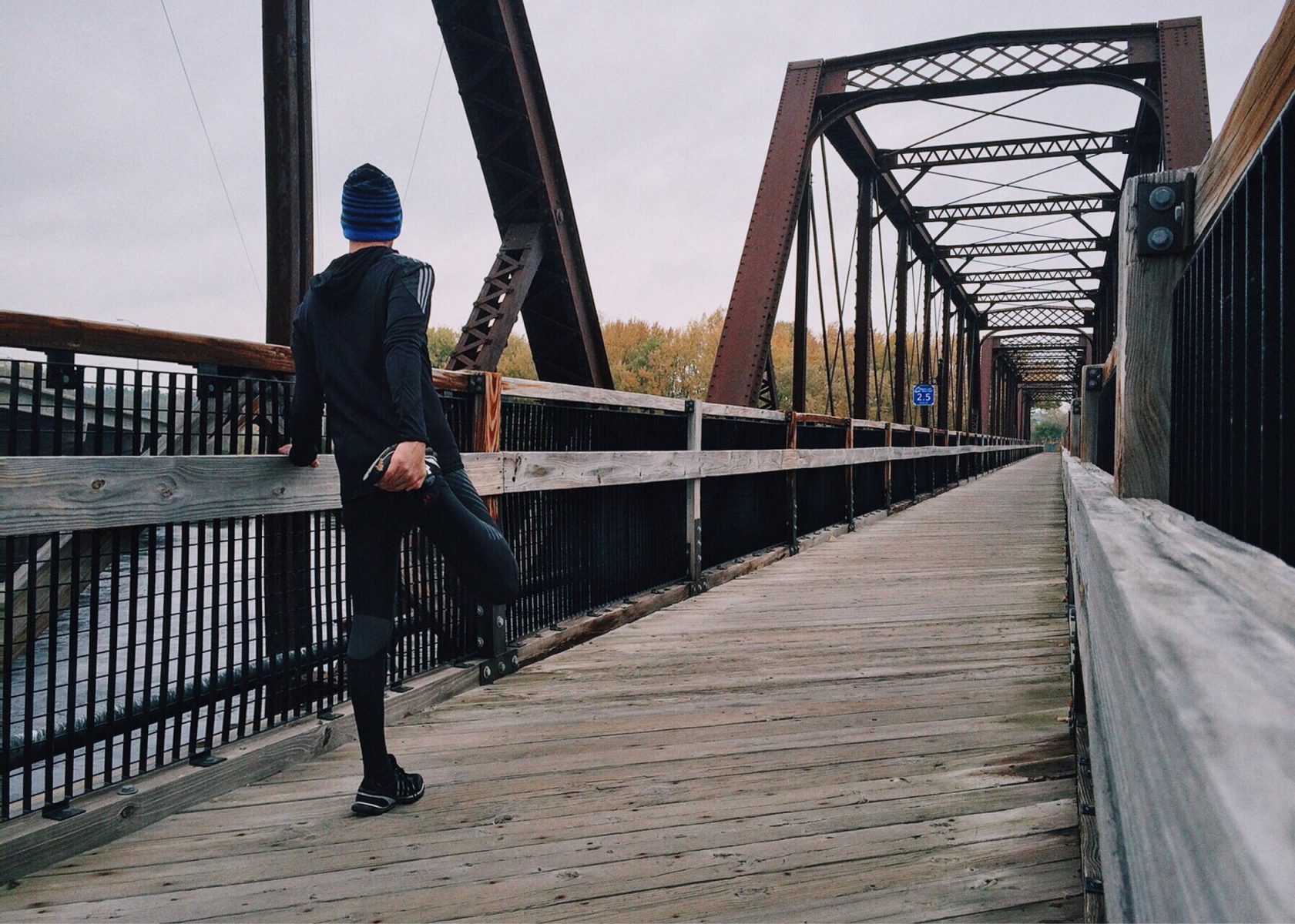7 Ways to Beat Jet Lag!
Signing up for credit cards through partner links earns us a commission. Terms apply to the offers listed on this page. Here’s our full advertising policy: How we make money.
Imagine this scenario – it’s 8:00 am, you’ve booked the flight and hotel for your trip, and you breeze through airport security and board your 12-hour flight without any issues. Since you’ve just woken up, you don’t feel any need to sleep on the flight.
But then you land at your destination, in a completely new time zone, and it’s still the morning! By now you’ve already been up for over 12 hours, and your body is exhausted and you’re wanting to get some sleep. So what do you do?
Most of us would probably stay up all day long in an attempt to adjust to the new time zone. But wouldn’t it be great if you could prepare for this jet lag, and instead feel energized and ready to go once you land?
I’ll show you a few ways to beat jet lag so that you can maximize the time you have to enjoy your trip! And after that you’ll be ready to take your travel savings to a new level, so subscribe to our newsletter where you’ll learn everything you need to know about Big Travel with Small Money.

What Is Jet Lag and How Does It Affects Your Travels?
Studies have shown that our bodies have an internal biological clock that operates on a 24-hour cycle, called a circadian rhythm. This internal clock regulates many different functions for our body, such as our metabolism, digestion, and our sleep-wake cycle!
Traveling to a different time zone tends to disrupt this cycle which is what causes jet lag. For instance, our internal clock might be telling us to sleep because we’ve already been awake for 12+ hours, but because we see that it’s bright and early in the morning in the new time zone, our body might be telling us the complete opposite, and we feel completely out of sync!
It’s a terrible feeling to have, because being jet lagged like this can make you feel exhausted for the entire day and make it difficult to focus or concentrate on anything at all.
If you’re traveling for business, it’s easy to see how this could negatively affect your work performance. But even if you’re traveling for pleasure, it’s really no fun to lose a day or 2 just trying to adjust your sleep schedule to the new time zone! This is especially true if you find it difficult to get time away from work, in which case, every day of vacation is that much more valuable! You definitely won’t want to be wasting one of your vacation days sleeping in your hotel room, because that’s time that could be spent on other fun activities!
Being able to prepare for and minimize the effects of jet lag can allow you to be more productive and more energized when you arrive at your destination, and allow you to take advantage of every second of your trip.

Here Are 7 Ways to Beat Jet Lag!
Jet lag affects many functions of our internal biological clock, such as our sleep-wake cycle, digestion, and metabolism. Here are a few strategies you can use to help each of these functions adjust to the new time zone!
1. Slowly Adjust Your Sleep Schedule Before Your Trip
In the days leading up to your trip, you can slowly adjust your sleep schedule to match that of the new time zone. You’ll want to do this gradually, so this might mean changing your sleep schedule by 20 or 30 minutes every day to incrementally shift your body’s internal clock.
2. Adjust Your Meal Times
One of the things our circadian rhythm helps regulate is our metabolism. It plays a role in telling us when to eat and helps us better digest our food. So on top of slowly shifting your sleep schedule, adjusting your meals to coincide with your new time zone can go a long way in reducing the effects of jet lag, because it will be 1 less function of your body that will feel out of sync.

3. Avoid Caffeine and Alcohol
It may be tempting to enjoy an alcoholic or caffeinated beverage as you wait to board your flight. Try to resist this urge!
Caffeine tends to increase your natural heart rate. And if you’re a nervous flyer, it can make these symptoms even worse, and really magnify any feelings of stress or anxiety.

And when you combine it with the dry air on an airplane, both caffeine and alcohol can make you dehydrated much more quickly. You may also find yourself needing to use the restroom more frequently, both of which can disrupt your sleep schedule more than usual.
Another disruption to your body’s internal clock is the last thing you need, especially when you’re already undertaking the difficult task of having to adjust to another time zone!
4. Expose Yourself to Sunlight at the Right Times
Our bodies use sunlight as one of its cues to determine when to sleep and when to wake up. So if you strategically avoid or expose yourself to sunlight, it can help you speed through the process of adjusting to the new time zone.
Sunglasses can come in very handy for this.
As an example, let’s assume your flight will be departing the West Coast at 8:00 pm, and you know you’ll be landing at 8:00 am in the new time zone, with the sun already up. When you land at your destination, your body will still be on the West Coast time zone where it’s 4:00 am, and still pitch black! In this case, once you land in the new time zone, you’ll want to keep your sunglasses on for another few hours to help simulate the amount of sunlight your body would normally be exposed to if you were back home on the West Coast.

5. Take Melatonin or Other Sleep Pills
Melatonin is a hormone that helps your body know when to sleep and wake up. The amount of melatonin your body produces is partially influenced by your exposure to sunlight. So naturally, our bodies produce more melatonin at night to tell us it’s time to sleep, and they go down in the mornings when the sun comes up.
Because of this, the tip above to use sunglasses to help expose yourself to sunlight at the right times should help you adjust your sleep schedule because it serves double-duty by also regulating your melatonin levels. But if that’s not enough and you’re still having trouble falling asleep, you can also try taking a small dose of melatonin before you go to sleep.
6. Do Some Light Exercising During the Day
If you find that you’re completely exhausted during the day in your new time zone, doing some light exercise during the day can actually help with your jet lag! It may seem counter-intuitive to expend even more energy when you’re already tired, but studies have shown that light exercise actually revitalizes your body and helps keep you mentally alert and focused. Although it may only be temporary and help for just a few hours, think of it as just another tool you can use to help ease the symptoms of jet lag.

7. Take Short Naps Throughout the Day
Finally, if all else fails and you’re still finding yourself dangerously tired during the day, it’s okay to take short naps. But limit these naps to no more than 30 minutes! The idea here is that you want to be able to get just enough sleep to get you through another few hours of the day, but you don’t want to sleep so much that you won’t be able to doze off at night.

Bottom Line
Our bodies have an internal clock responsible for regulating many of our bodily functions, including our sleep-wake schedule, digestion, and metabolism. Flying to a new time zone tends to disrupt those cycles and can leave us fatigued and jet lagged during the day.
Without the proper preparation, it can take many people 1-2 days to adjust to the new time zone, robbing them of valuable time that could have been spent on other fun activities instead!
Fortunately, these tips can help you beat jet lag and seamlessly adjust to a new time zone to help you get the most out of your trip!
- Slowly adjust your sleep schedule before your trip
- Adjust your meal times
- Avoid caffeinenated and alcoholic beverages
- Expose yourself to sunlight at the right times
- Take sleeping pills
- Engage in light exercise during the day
- Take short naps throughout the day, no more than 30 minutes each
If you have any tips or experiences with dealing with jet lag, let us know in the comments below. We’d love to know what worked and what didn’t work for you!
Want to stay on top of the latest travel tips, tricks, and secrets? Then subscribe to our newsletter and never miss another deal again!Editorial Note: We're the Million Mile Secrets team. And we're proud of our content, opinions and analysis, and of our reader's comments. These haven’t been reviewed, approved or endorsed by any of the airlines, hotels, or credit card issuers which we often write about. And that’s just how we like it! :)






Join the Discussion!